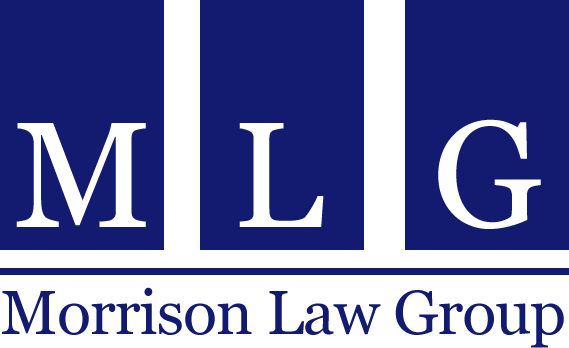At the moment or second that a bankruptcy petition as “filed,” measured by the assignment of a case number (e.g., 19-XXXX or 19-bk-XXXX), anyone filing a bankruptcy petition is protected from the collection efforts of debtors by a statutory mechanism known as the automatic stay. With online filing, this literally takes the push of a few buttons.
The automatic stay is a hallmark of bankruptcy. Without it, filing a bankruptcy case would still provide a discharge, but in the interim period immediately before discharge, the debtor would still have to deal with aggressive and even unscrupulous creditors and the stress resulting from such contact. The automatic stay provides breathing room, freedom from the interference, or bother of creditors while reorganizing or liquidating assets. Even a liquidation under chapter 7 may be considered a reorganization of the debtor as he or she receives a fresh start.
The automatic stay technically ceases in effect when a discharge order is issued since the debt’s underlying obligation is extinguished, and the stay is unnecessary. Creditors trying to collect discharged debts have no legal basis for collecting when this occurs.
But when the automatic stay IS in effect, it is a powerful shield against creditors’ collection activities. The automatic stay can stop a lawsuit, garnishment, foreclosure sale, repossession, eviction. It can even prevent a government agency from terminating welfare benefits such as food stamps.
The automatic stay is found in § 362 of the Bankruptcy Code and states that when a bankruptcy petition is filed, the action of any person or entity starting or continuing a lawsuit against the debtor, attempting to take the debtor’s money or property, or enforcing any liens against the debtor’s property is prohibited. In a nutshell, the automatic stay stops every creditor, debt collector, and government agency from attempting to collect a debt from or taking any negative action against a consumer.
The stay terminates when a bankruptcy case is closed or dismissed, whichever is earlier under § 362(c)(2). In a typical Chapter 7 bankruptcy, the automatic stay remains in effect until the debtor is discharged. 11 U.S.C. § 362(c)(2)(C).
A person files a bankruptcy case to liquidate/discharge (chapter 7) or reorganize/discharge (chapter 13) debt. This is a challenging and burdensome process if collection actions do not stop, and there is a perpetual fear of repossession, garnishment, or even eviction. The automatic stay is the final threshold in measuring the debtor’s obligations from the day the bankruptcy petition is filed. At this time, collections actions must cease, and all creditors must value their claims as of the date of the petition.
Why should you consider the Morrison Law Group? We are passionate about helping people. The team of attorneys and staff at the Morrison Law Group cares about its clients. We strive for complete client satisfaction. Talk to the Morrison Law Group about your Chapter 7 or Chapter 13 bankruptcy options. Call 801.456.9933 today to schedule a FREE consultation. We have locations in Ogden, Logan, Sandy, and St. George to serve the residents of the counties of Weber, Cache, Salt Lake, Utah, Morgan, Davis, Washington, and surrounding areas.


